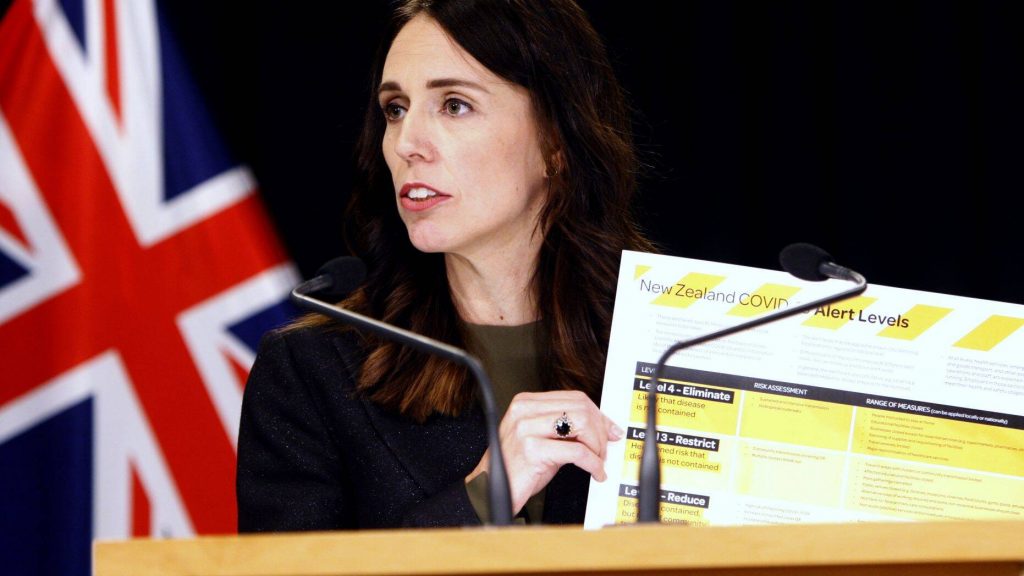Working mothers and their partners will be allowed to take paid bereavement leave after suffering a miscarriage or stillbirth in New Zealand.
The country’s parliament passed the law in a unanimous vote by lawmakers recently, paving the way for broader recognition of child loss.
The bereavement allowance gives employees three days’ leave when a pregnancy ends with a stillbirth, rather than forcing them to use their sick leave, the New York Times reported.
Ginny Andersen, the lawmaker who championed the bill, said a stillbirth should be recognized with dedicated bereavement leave but the stigma that surrounds the issue meant many people were reluctant to discuss it.
“The grief that comes with miscarriage is not a sickness; it is a loss, and that loss takes time – time to recover physically and time to recover mentally,” she told parliament.
Ms Andersen said the leave extends to a woman’s partner if she suffers a miscarriage, as well as to people who were attempting to have a child through surrogacy.
According to her, the law advanced the New Zealand parliament’s role in pioneering women’s rights, most notably on voting rights and equal pay.
“I can only hope that while we may be one of the first, we will not be one of the last and that other countries will also begin to legislate for a compassionate and fair leave system that recognizes the pain and the grief that comes from miscarriage and stillbirth,” she said.
According to the New York Times, employers in New Zealand and several other countries are required to give leave to employees after they experience pregnancy loss when the baby is at least 20 weeks along.
Premium Times





Comments are closed.